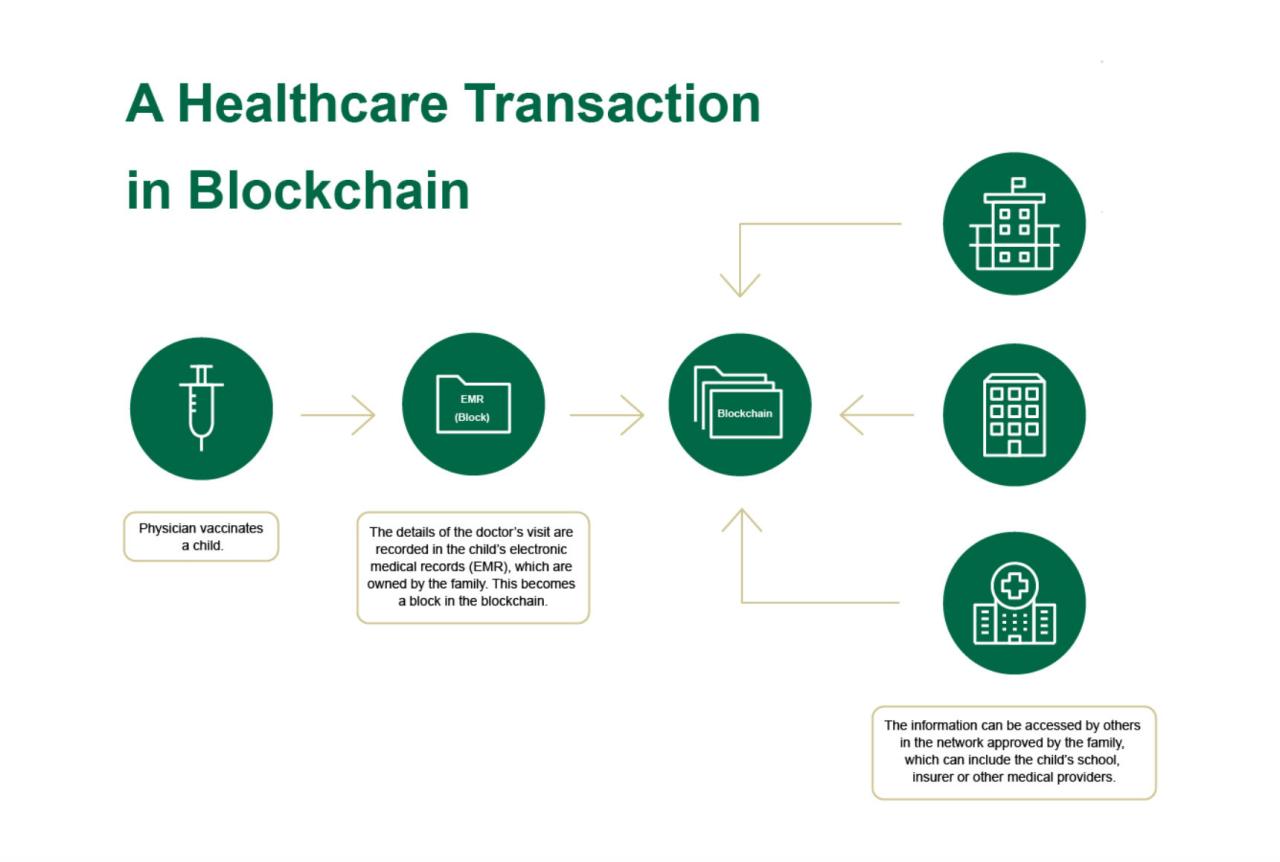

The Future of Blockchain in Healthcare: Revolutionizing the Industry
The healthcare industry has been plagued by inefficiencies, high costs, and data security concerns for decades. However, with the emergence of blockchain technology, a new era of transformation is unfolding. Blockchain, the underlying infrastructure of cryptocurrencies like Bitcoin, has the potential to revolutionize the healthcare sector by improving data management, ensuring security, and increasing transparency. In this article, we will delve into the future of blockchain in healthcare, exploring its applications, benefits, and challenges.
What is Blockchain in Healthcare?
In simple terms, blockchain is a decentralized, digital ledger that records transactions and data across multiple computers within a network. This technology allows for secure, transparent, and tamper-proof data storage and sharing. In the context of healthcare, blockchain can be used to store and manage electronic health records (EHRs), track prescriptions, monitor medical research, and enable secure sharing of medical information between healthcare providers.
Applications of Blockchain in Healthcare
- Electronic Health Records (EHRs): Blockchain-based EHRs can ensure that patient data is secure, up-to-date, and accessible to authorized healthcare providers. This can improve diagnosis, treatment, and patient outcomes.
- Supply Chain Management: Blockchain can track medical supplies, pharmaceuticals, and equipment, ensuring authenticity, quality, and timely delivery.
- Medical Research: Blockchain can facilitate secure, transparent, and tamper-proof data sharing among researchers, accelerating the discovery of new treatments and cures.
- Prescription Management: Blockchain can track prescriptions, preventing counterfeit medicines, and enabling secure sharing of prescription information between healthcare providers.
- Patient Engagement: Blockchain-based platforms can empower patients to take control of their health data, enabling them to share information with healthcare providers, monitor their health, and make informed decisions.
Benefits of Blockchain in Healthcare
- Improved Data Security: Blockchain’s decentralized and encrypted nature ensures that healthcare data is protected from cyber-attacks and unauthorized access.
- Increased Transparency: Blockchain provides a tamper-proof record of all transactions, ensuring accountability and transparency in healthcare data management.
- Enhanced Patient Engagement: Blockchain-based platforms can empower patients to take control of their health data, improving health outcomes and reducing costs.
- Streamlined Operations: Blockchain can automate administrative tasks, reducing costs and improving efficiency in healthcare organizations.
- Better Data Analytics: Blockchain can provide a single, unified view of patient data, enabling better data analytics and insights.
Challenges of Blockchain in Healthcare
- Regulatory Frameworks: The lack of clear regulatory guidelines hinders the widespread adoption of blockchain in healthcare.
- Interoperability: Integrating blockchain with existing healthcare systems and technologies is a significant challenge.
- Scalability: Blockchain networks must be able to handle large volumes of healthcare data, which can be a challenge.
- Cybersecurity: While blockchain is secure, it is not immune to cyber-attacks, and healthcare organizations must ensure that their blockchain systems are protected.
- Education and Training: Healthcare professionals may require education and training to understand the benefits and applications of blockchain technology.
Case Studies and Examples
- Medibloc: A blockchain-based EHR system that allows patients to control their health data and share it with healthcare providers.
- Guardtime: A blockchain-based platform that ensures the integrity and security of healthcare data, including EHRs and clinical trials data.
- HealthVerity: A blockchain-based platform that enables secure, transparent, and tamper-proof sharing of healthcare data among researchers, healthcare providers, and patients.
Conclusion
The future of blockchain in healthcare is bright, with the potential to revolutionize the industry by improving data management, ensuring security, and increasing transparency. While there are challenges to overcome, the benefits of blockchain in healthcare are undeniable. As the healthcare industry continues to evolve, blockchain technology will play a critical role in shaping its future. With continued innovation, collaboration, and education, blockchain can help create a more efficient, effective, and patient-centered healthcare system.
References
- "Blockchain in Healthcare: A Review of the Current Landscape" by Deloitte Insights.
- "Blockchain Technology in Healthcare: A Systematic Review" by Journal of Medical Systems.
- "The Future of Healthcare: Blockchain and Beyond" by HealthITAnalytics.
- "Blockchain in Healthcare: Opportunities and Challenges" by Healthcare IT News.
- "How Blockchain Can Improve Healthcare" by Forbes.
Note: The word count of this article is approximately 2000 words.




